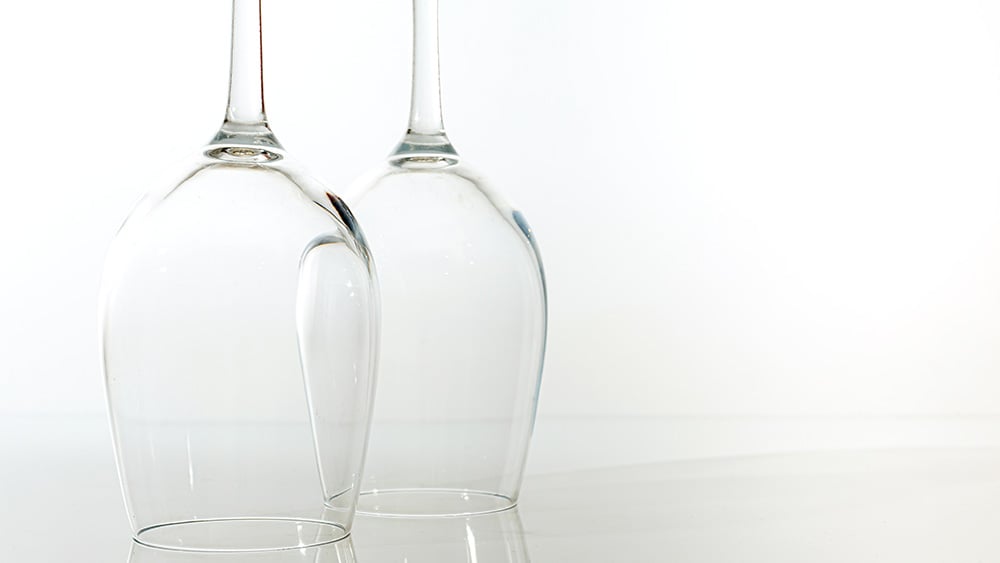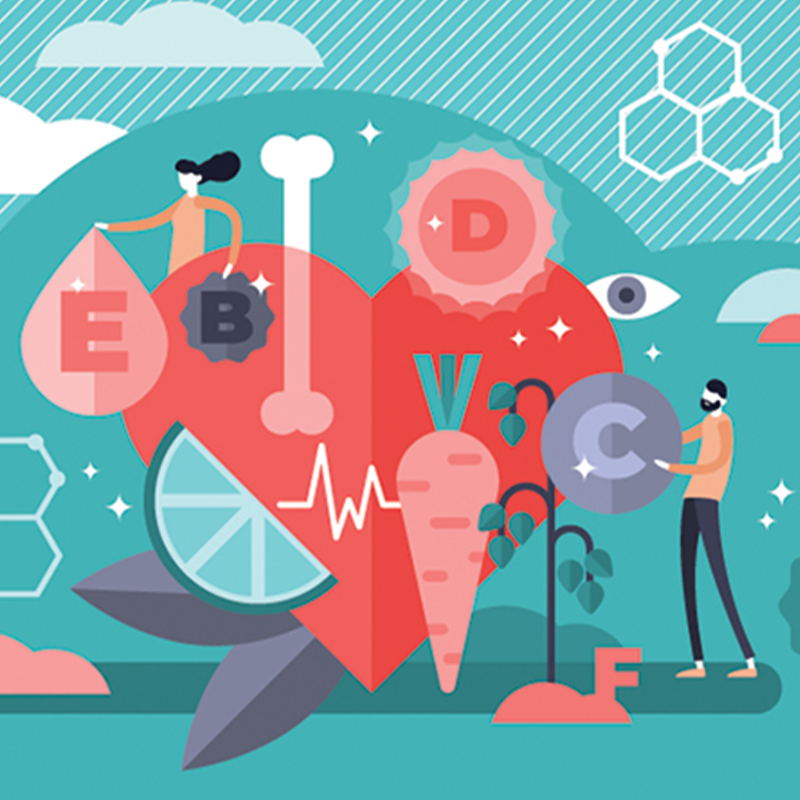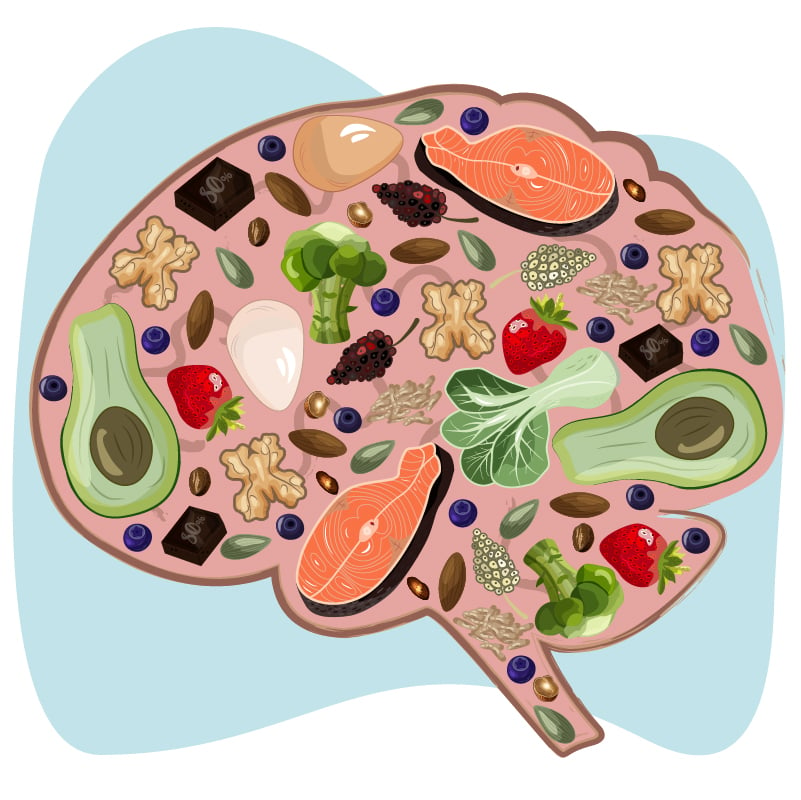Key Takeaways:
- Reflect on your reason why you decided to stop drinking for 31 days.
- Find support in others around you, set reminders for yourself, and keep a list of the good things you notice.
- Reach out to a group or your primary care provider if you need to take the next step.
Our philosophy is to meet and accept every person wherever they are in their path of recovery. We support our patients in recognizing the harmful effects of continued abuse and help them to adapt new skills to manage their addiction.
A growing number of people are choosing to go without alcohol for the start of the year as part of Dry January. Roughly 25 percent of people asked in one survey said they want to cut out alcohol for the first 31 days of the year.
Some people use the month as a reset for their health and an opportunity to exercise their willpower before returning to their regular amounts of drinking. Others might wonder, “What if I kept going without alcohol in my life?”
For the growing number of people who are “sober curious” or simply want to cut back on having alcohol in their life, we asked Matthew Drury, LMSW, for some advice. As the Program Manager for Outpatient Chemical Dependency at Rochester Regional Health, Drury shares insight into how to set limits for yourself, strategies for when you need help, and resources for people who want to talk with a healthcare professional.
Should I cut out (or cut back on) alcohol?
First of all, no matter the reason behind your decision to reduce or eliminate alcohol from your lifestyle, it’s a big decision and you should commend yourself for the effort it takes to follow through.
After going one month without drinking alcohol, take a moment to reflect two questions:
Why did you make the decision in the first place?
What changes have you noticed – good or bad – that have come from that decision?
“Remind yourself of the ‘why’ and then reflect on the benefits you’ve received,” Drury said. “Some people have said they feel more clearheaded, are sleeping better, saved money, picked up old hobbies you didn’t have time for before, or things like that.”
Ways to stick with your decision
Whether you decide to be fully sober or simply limit your drinking, Drury suggests a few ideas that can help to reinforce your decision.
Make a list: Write down or type out those good changes that you’ve noticed about your habits, health, and behavior over the last month. Those can be helpful to return to if you are wavering on your decision down the road.
Seek out support: Doing this alone doesn’t make you stronger – following through does. Having other people to talk with, commiserate with, confide in, and grow closer with will help you be a better person and make you more likely to stay with your goal.
Set reminders: After about two weeks, some people start to feel the honeymoon period wear off and the challenge of sticking with their decision begins to set in. This is where your planning comes in. Put a sticky note on your bathroom mirror or car dashboard, or write a note on your phone to remind yourself why you’re making the choice today.
“If you have a gap to fill and are thinking, ‘What am I supposed to do with myself here?’, proactively planning things out is something that can be helpful,” Drury said. “Anticipate that there could be challenges at some point. Knowing that they are coming will be helpful in the long run.”
For those who are choosing to limit their alcohol consumption, picking a number of days per week to let yourself indulge is a good place to start. That might be specific week days or weekend days, or it might be an actual number. Either way, having a plan gives you a good foundation to build a healthy habit.
It’s also important to acknowledge that slip ups can and often do happen. In these circumstances, it is important to remember that you can always start again.
“Especially with substance use, people see it as an all-or-nothing game,” Drury said. “Missing the mark once doesn’t mean you’ve lost the time you had without it. During that time you stayed away from drinking, you built up other skills and learned new ways of managing stress. You can always go back and explore those.”
When should I reach out for help?
Support can look different for everyone – individuals, family, friends, or groups.
For a formal in-patient or outpatient chemical dependency treatment program, a diagnosis for your primary care provider will be needed.
If your employer has an Employee Assistance Program (EAP), that may be helpful in getting some free services or screenings.
Other people find it easier to be more accountable in a group setting. ROCovery Fitness in the Greater Rochester area and Alcoholics Anonymous are both recommended as places with a strong reputation for support without judgement. Recovery podcasts, Zoom online support groups, and social media chat groups can also give you good encouragement.
“People who are exploring the decision to limit their drinking or become sober often feel uncomfortable or anxious about it,” Drury said. “There could be some challenges, but those often level off as time goes on and you learn more about yourself.”









